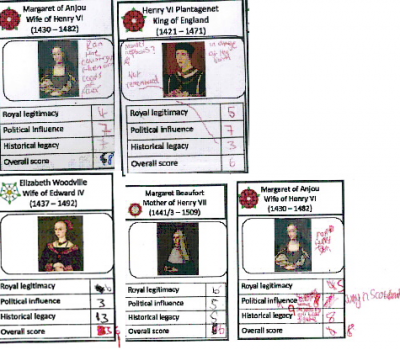

You’ve worked tirelessly through your teacher training, whether that be a degree or a PGCE and now comes the time to secure your first teaching post. Here are my top tips to help make the process as smooth as possible and hopefully lead you to a successful outcome- Mr T’s NQT Support.

Well hopefully those will have helped you secure your job offer. Good luck with your next interview – let me know how you get on @MrTs_NQTs .